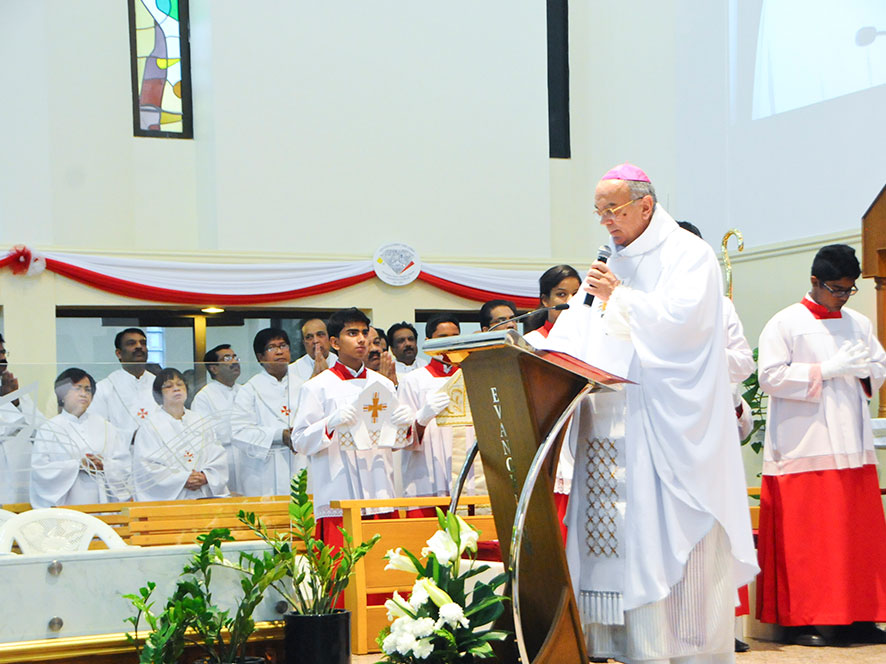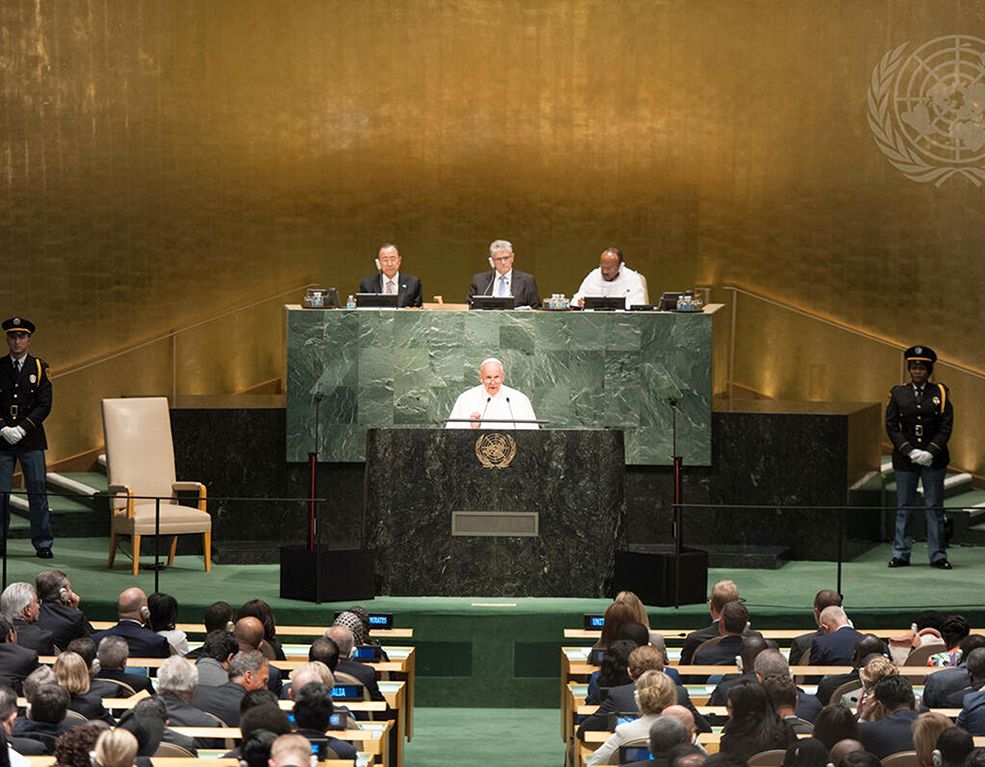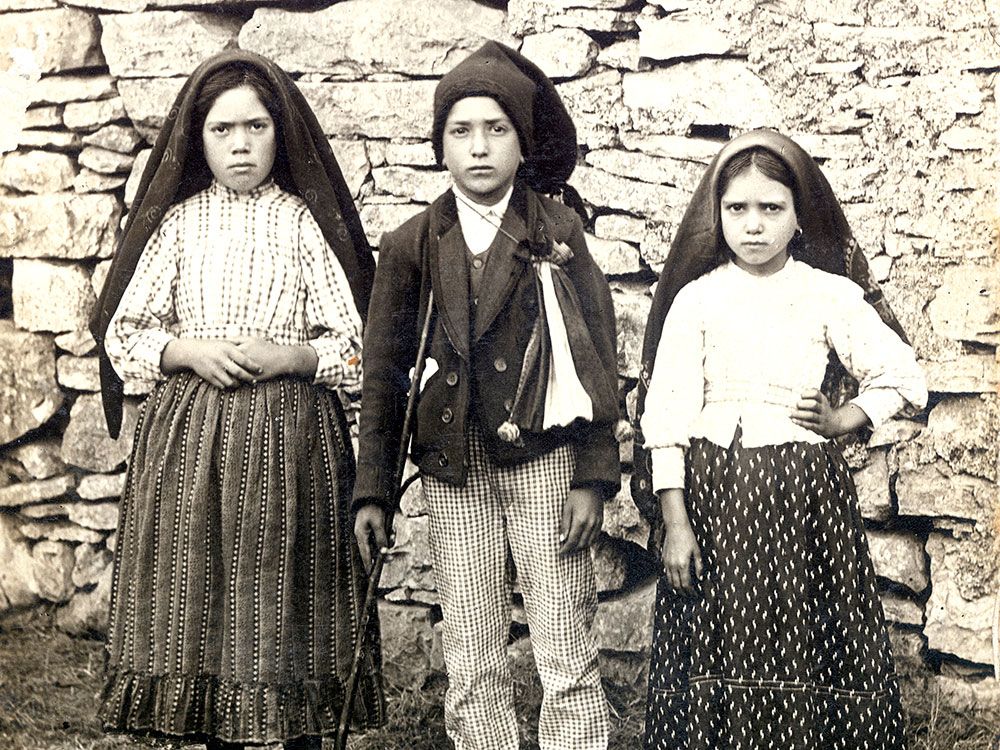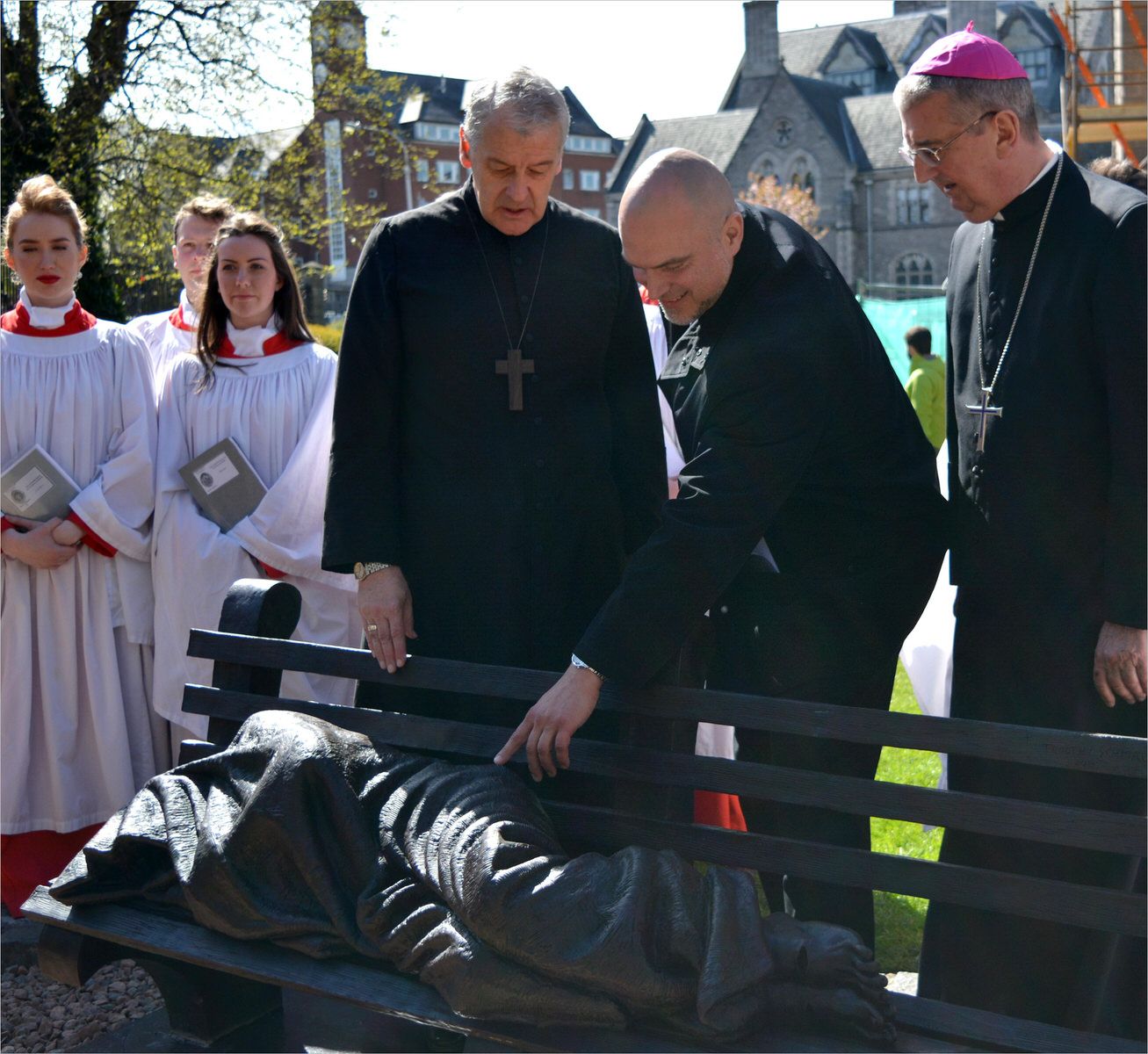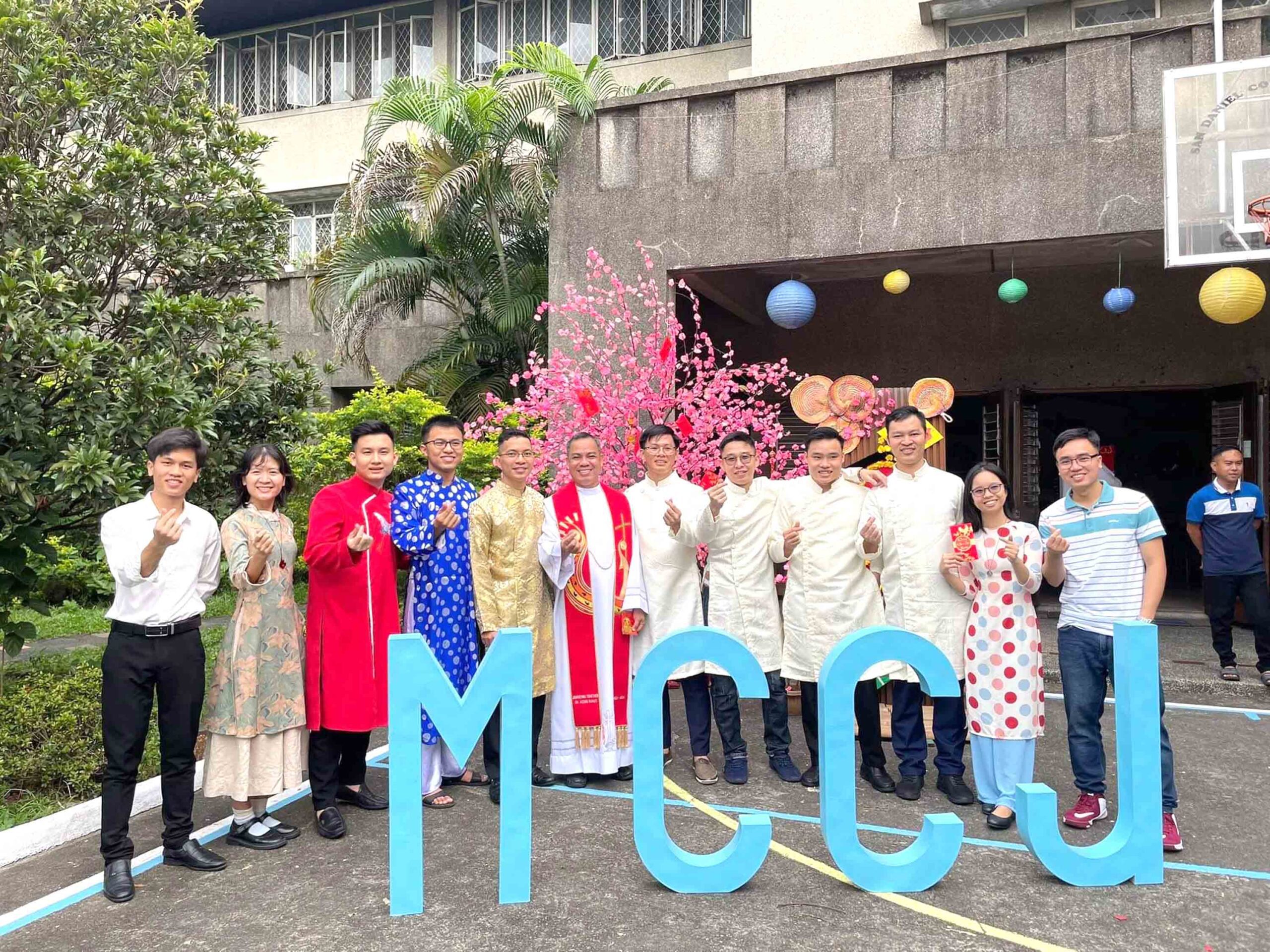A song claims that “money makes the world go round.” However, it’s not money itself that makes the world spin but the profit from that money. Profit is the engine of capitalism, the dominant economic engine of our time. But profit isn’t unique to capitalism. Some form of money has been exchanged through the centuries and among cultures as a means to exchange goods and services. Early on, though, there were those who recognized that profit could be made from money. These “sharks” went for the kill. Today, the pursuit of profit is unprecedented in the history of our world.
PROFITEERING THROUGH THE AGES
From the beginning of the history of the Jewish people, there was a prohibition against making profit at the expense of another, especially in their misfortune. “If thou lend money to any of My people, even to the poor with thee, thou shalt not be to him as a creditor; neither shall ye lay upon him interest.(Ex. 24:22) This is evident that, even at this early epoch of humanity, some sought to take advantage of others by demanding interest for loans. Predating even the Jews, among Hindus and Buddhists in India, there was a disdain for anyone taking interest from another. But again, there were loan sharks out to increase their money through interest even then.
The Roman Church followed the tradition of the Jews, with a prohibition against usury as far back as the Council of Nicea in 325 A.D. This was reinforced through the centuries by councils, popes, and theologians. The 3rd Lateran Council was so severe that it even decreed a person couldn’t receive the sacraments or a Christian burial if engaged in usury. Theological historian John Noonan argues that “the doctrine of usury was enunciated by popes, expressed by three ecumenical councils, proclaimed by bishops, and taught unanimously by theologians.” St. Thomas Aquinas held that usury was double-charging. With the rise of capitalism, the absolute prohibition against usury gradually eroded. Some claim that capitalism took off when the Roman Church took a softer stance on usury.
Islam takes a strong position against usury and remains more vigilant about the abuse of taking interest unscrupulously. It has developed a form of banking complaint with Islamic law (Shariah) to safeguard abusive interest.
Jesus told a parable of the nobleman who, before going off on a journey, gave money to his servants with the instruction to trade with it until he returned. When he did, he called them in and asked for an account. The first had been given ten pounds and gained ten more in his absence. The second was given five and increased it five more. While the third had done nothing to increase the pound given him because he judged his master a severe man: “You reap what you do not sow.” Of course, this response did not sit well with the master who told him to give it to the good servant who had increased the master’s money most. In telling this parable, Jesus was directing his attention towards the ruling class, which had the money to increase their fortunes. This, however, was not simply a parable but a reality being practised by those who had surplus wealth and who desired to increase it by any means, and use others in the process for their greed.
JEWS AND USURY
In a sense, Jews became the scapegoats for money-lending or usury. Because the Church had strong prohibitions against the taking of interest, those with extra capital sought a way around making interest from their spare cash. Jews were held as outsiders in the dominant Christian society of Europe. Christians with surplus cash would, therefore, loan money to Jews. Jews, in turn, now had the capital to make loans to the largely peasant class who were frequently cash-strapped. The Jew was the middleman, and middlemen usually got beaten by the other two parties. The interest rates were generally very high, as much as 30-40% of the loan. The peasants had a hard time paying back but if the Jews did not collect their money with interest, they could be killed. Jews were forced to charge high interest rates in order to cover their losses as well as to provide a living for themselves.
Money-lending was one of the few work opportunities allowed to Jews in Christian countries, being banned from owning land, farming, joining the guilds, serve in government, etc. They were forced to take work that others wouldn’t, like collecting rags and lending money. Because of the Christian prohibition on usury by default, at the behest of Christians with capital, they loaned money. Historically, this set them on the path to become leaders in banking which was considered more reputable than simple money-lending.
Shakespeare, in his play, “The Merchant of Venice,” created a disreputable money-lending character, Shylock, who was, of course, a Jew. Although Jews had been expelled from England since the thirteenth century and, therefore, were not part of the England of Shakespeare’s time, the playwright was evidently aware of the plight of Jews elsewhere.
In the play, Shylock demanded, as collateral, a pound of flesh from a non-Jew. When the man defaulted, Shylock insisted on his pound of flesh. The caricature of the Jew which Shakespeare created would reverberate through the centuries with more than a pound of Jewish flesh demanded from Jews. Jews no longer secured their corner of the banking market. It was now a coveted business with ruthless competition.
USURY, INTEREST AND CAPITALISM
Usury originally meant something negative, i.e., making questionable loans in order to enrich the lender. From the beginning of organized society, there were those willing to take advantage of someone in material need, and unscrupulously endeavored to profit from another’s misfortune. There, however, were also those willing to loan to others without gouging them. Psalm 15:5 is evidence of this historical effort when it praises those who lend to the poor without taking interest.
Interest seems to be the engine of capitalism. “Goods and services are developed to fulfill a need. In return for providing a need, goods or service, the individual or business makes profits. The individual or business uses these profits to purchase goods and services from others.” Persons who initiate goods and services and fulfilling needs are now called entrepreneurs. One can hardly quibble with someone who provides goods and services and receives just compensation. But it doesn’t stop there. The provider will push the market to see what it will bear, how much profit it can demand.
Capitalism holds that “without the profit incentive, individuals would not be as motivated to develop new ideas within the marketplace. Without profits, nobody would bother to provide needed services.” But, before capitalism, there was the same need for goods and services, and persons stepped up to fill the need. Historically, there was more bartering with people, exchanging goods and services with one another according to their individual skills. Profit was not always the overriding motivation in rendering goods and services. Artists, in general, produce “art for art’s sake.” Many an artist received little or no profit for their artistic expression in their lifetime. Often, after their death, their works became extremely valuable and many persons profited from the long dead artist’s effort.
Often, goods and services were provided, not for individual profit, but for the common good. The early monastic communities, like the Benedictines, were extremely inventive and produced goods and services for a greater common good. The emphasis and priority given to individual profit is a later historical development which capitalism has sanctioned and blessed.
Today, corporations rule the world and are more powerful than nations. Corporations are not content to simply provide goods and services for the widest possible market but for maximum profit. Boards of Directors are not content with last year’s profit margin but seek to increase them to ever higher profitability, often at a cost to human lives. In corporate capitalism, profit takes precedence over the person. Corporations seek out the country in which they are able to receive material incentives to relocate. Too often, workers in such places work for the lowest wages possible. The result, increasingly, is the toll on human lives. In Bangladesh, the November 2012 fire, where 117 persons died, was one of several deadly disasters that have exposed harsh and unsafe working conditions in Bangladesh’s lucrative garment industry. Also, a factory collapse last April killed more than 1,100 workers. Factories in which corporations have their goods produced, more often than not, are dangerous working facilities. Corporations, unless made to buckle by public pressure, are neither concerned about safe facilities nor fair worker compensation. Corporations seek the maximum profit for the minimum investment. In a way, the consuming public, who demands the best bargains for goods without investigating their history and origin, bears some responsibility.
THE CHRISTIAN PERSPECTIVE ON PROFIT
As long as capitalism is the main economic engine, the desire for profit is a virus that affects all. It is easy to lose sight of the Christian perspective in our world as it is. “What does it profit one to gain the whole world but to lose one’s soul?” Yet, the Christian worldview is simple: People before profits, and the common good before the individual good. “We also believe that the economic system does not take sufficient account of the need for respect, and development of the human being emphasizes money and profits instead,” Brazilian Cardinal Aloisio Lorscheider once said.
It is hard to harness the push for profit. Individuals constantly seek means of increasing their profit. But businesses have particularly sharpened their appetite for ever-increasing profit. Stock markets throughout the planet take the financial pulse daily. People with extra cash seek to invest in order to increase their investment, often, without scruples as to where their money is invested. Weapons manufacturing attracts many to invest because there is an insatiable appetite for instruments of death. There are, on the other hand, persons who do not seek to make a profit without scrutinizing where their funds are being invested.
BEYOND CAPITALISM
Happily, not all are driven by maximizing their profit. Profit must be in the context of justice which is about the right relations between persons and things. This spirit has been and continues to be practiced, largely informally, by lending to others without expecting any interest on the loan. Immigrants have often helped one another materially without interest. The only interest is in the well-being of their fellow immigrant, struggling to survive. My immigrant father was fortunate to have a fellow immigrant who landed a better-paying job and was able to save some money. In time, he loaned my father money for the down payment on a house and put his name on the loan since he could financially qualify. Over the years my father paid him without interest. Fortunately, this is not an isolated incident.
Among Korean immigrants to the United States, there is a practice called kye. A dozen or more meet monthly and contribute the same amount to a common pot. Each month, a different member is entitled to take the common pot and pay interest to the others. No one person is to profit from the low interest but, ultimately, to the group.
As banking grew to be a major business and profited from making loans, others sought formally to be a counterweight to banks. Credit unions reflect a cooperative movement where members banded together for the group to profit rather than for a few individuals. Their origin dates back to 1852 in Germany. In time, they would spread around the world. They are now in over 100 countries and number over 52, 000. In North America, the first one started in Quebec, Canada: a man learned of a case where the court ordered a man to pay $5,000 interest on a loan of $500.
Human ingenuity is not limited to entrepreneurs. There are many creative persons who seek means of enabling persons to be liberated from loans and credit which enslave them. The vast majority has no collateral and, therefore, banks are unwilling to provide loans. Microcredit or microlending has emerged throughout the world in recent times. Such loans are provided largely to impoverished women allowing them to develop entrepreneur skills in order to support their families. This concept is credited to the Bank of Grameen which began making microloans to the impoverished in 1983. As of 2009, an estimated 74 million men and women held microloans that totaled US$38 billion. Grameen Bank reports that repayment success rates are between 95 and 98%. The jury is still out on its effectiveness, but it represents the search for an alternative system to liberate the poor from being victims of usury by loan sharks.
The Peruvian economist, Hernando de Soto Polar, realized that if the poor had collateral, they would be eligible for loans. In Peru, many families had been living on land for generations without title to their land. Once they were able to obtain title, they would have collateral. Eventually, more than 1.2 million families obtained title. Since his initial efforts in the 1980’s, his concept has been adopted in 23 countries.
These are a few examples of persons who are not motivated directly to gain personal profit for their desire to expand goods and services to people. In a sense, their creative ingenuity is similar to artists. They use their skills not for profit but to execute an innate ability that doesn’t profit them.
HOW TO GET OFF THE PROFIT WHEEL
There is a very small movement of people who resist making profit from anyone or anything. They feel that profit has been more of a curse than a blessing. They are hardly a legion. Most persons want to make a profit even if they will not openly admit it. Profit in itself, like money, is not necessarily intrinsically bad. It is a question of whether it is a means to a just end. Is one consistently seeking to increase one’s profits or use the profit to assist others?
If one has profited from making interest, one can elect to loan to others in need without interest. This may inspire someone, when in a better financial place, to do similarly to another in need. This is risk taking but such is the life of faith.
There are now organizations, again due to human ingenuity, which will process one’s money to assist others who are in need with loans at low interest. The lender receives little or no interest in the transaction. Five organizations which fit this category are: Kiva, Lending Club.com, Propser.com, VirginMoneyUS.com, and Zopa.com.
St. Paul, writing to Christians in the wealthy city of Corinth, enjoined them: “From everyone to whom much has been given, much will be required; and from one to whom much has been entrusted, even more will be demanded.” Not only our money and profit is a gift from God but ingenuity, skills, and talents, which often enable one to profit, are gifts from God.
If we maintain the Christian perspective that the person comes before profit, and the common good before the individual good, we can be good stewards of what is God’s, and witness to a world where this is the enduring value. “What does it profit to gain the whole world and lose one’s soul?” This is ballast as we navigate on the sea of life in a capitalistic world.











